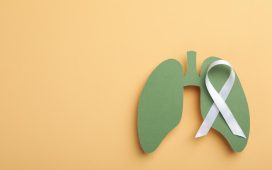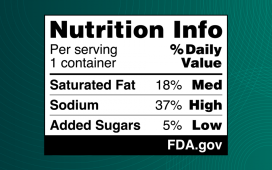Findings show no impact on fruit, veggie intake, but some improvement in cholesterol levels and cardiovascular risk scores
By Lori Solomon HealthDay Reporter
THURSDAY, Oct. 24, 2024 (HealthDay News) — Providing vascular imaging results does not improve diet but does improve some cardiovascular disease risk factors at 12 weeks posttest, according to a study published online Oct. 14 in Nature Communications.
Simone Radavelli-Bagatini, Ph.D., from Edith Cowan University in Joondalup, Australia, and colleagues conducted abdominal aortic calcification and clinical assessments in 240 participants (57.5 percent female; aged 60 to 80 years). Participants were randomly assigned (1:1) to receive (intervention) or not receive (control) their calcification results, while all received educational resources on cardiovascular disease risk control.
The researchers found no between-group differences in the primary outcome of changes in fruit and vegetable intake at 12 weeks measured by either plasma carotenoids (mean difference +0.03 µg/mL; 95 percent confidence interval [CI], −0.06 to 0.13) or food frequency questionnaire (+18 g/d; 95 percent CI, −37 to 72). Receipt of calcification results led to between-group differences in serum total (−0.22 mmol/L) and non-high-density lipoprotein (−0.19 mmol/L) cholesterol and estimated cardiovascular disease risk score (−0.24 percent).
“This is promising, especially for older adults at higher risk for cardiovascular events,” coauthor Douglas P. Kiel, M.D., from Hebrew SeniorLife in Boston, said in a statement. “It suggests that providing vascular imaging results could be part of a broader strategy to help manage heart disease risk more effectively.”
Copyright © 2024 HealthDay. All rights reserved.








